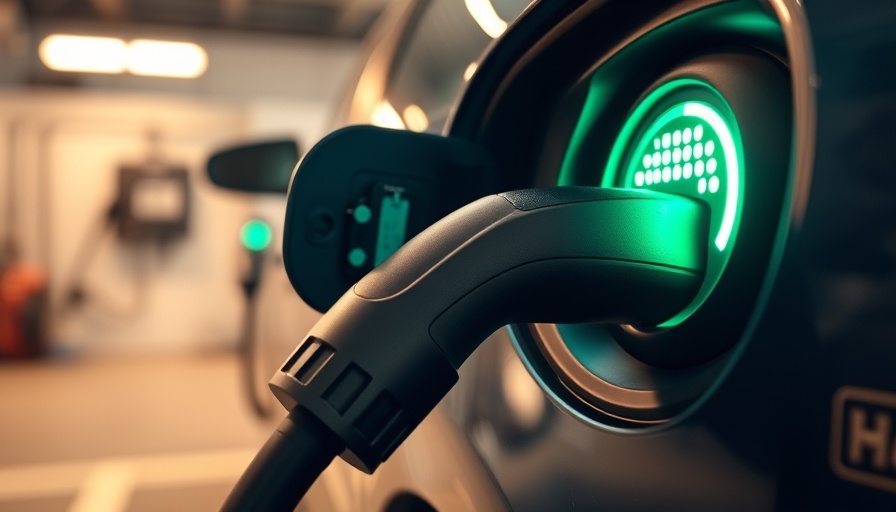
Europe's Opportunity for Energy Independence: Embracing Electrotech
As Europe grapples with its significant reliance on imported fossil fuels, a recent report by the Ember think tank highlights a promising avenue for energy independence through the adoption of electricity-based technologies. Dubbed "electrotech," this term encompasses electric vehicles (EVs), heat pumps, and renewable energy resources. These innovations could reduce fossil fuel imports by up to 70%, translating to annual savings of approximately $1.3 trillion (€1.14 trillion) for Europe.
Understanding the Context: The Risks of Foreign Dependency
The geopolitical climate, particularly the ongoing ramifications of Russia's invasion of Ukraine, has illuminated the vulnerabilities of European energy security. Countries like Italy and Germany remain heavily dependent on foreign supplies, with Italy importing 77% of its energy. Despite reducing oil and gas imports from Russia by over half, Europe has shifted its reliance toward the US - a trend that raises concerns about future energy stability.
The Role of Electrotech in Transitioning Energy Sources
The transition to electrotech represents not only a strategic move toward autonomy but also aids the EU in its goal of carbon neutrality by 2050. The adoption of electric vehicles is poised to deliver the most substantial impact, with potential oil use reductions of one third in transportation. Complementing this, increased solar and wind energy utilization could account for an additional 23%. Moreover, implementing heat pumps could replace imported fossil fuels needed for heating, adding another 14% of independence. This transition cannot be understated; it serves as a critical measure against rising global market volatility.
The China Factor: A Double-Edged Sword
While the enthusiasm for electrotech is evident, it's essential to recognize that Europe’s growing dependence on Chinese exports for solar panels, batteries, and EVs poses a paradox. Although it may reinforce alliances with China, experts argue that this reliance is a smaller risk compared to the volatile energy importation patterns associated with fossil fuels. A single purchase of, say, a solar panel can secure energy sustainability for years, whereas fossil fuels require constant importation.
The future of European energy may well lie in the integration of electrotech solutions. With these technologies, Europe holds the potential to craft a more self-sufficient and sustainable energy landscape.
 Add Row
Add Row  Add Element
Add Element 


 Add Row
Add Row  Add
Add 

Write A Comment